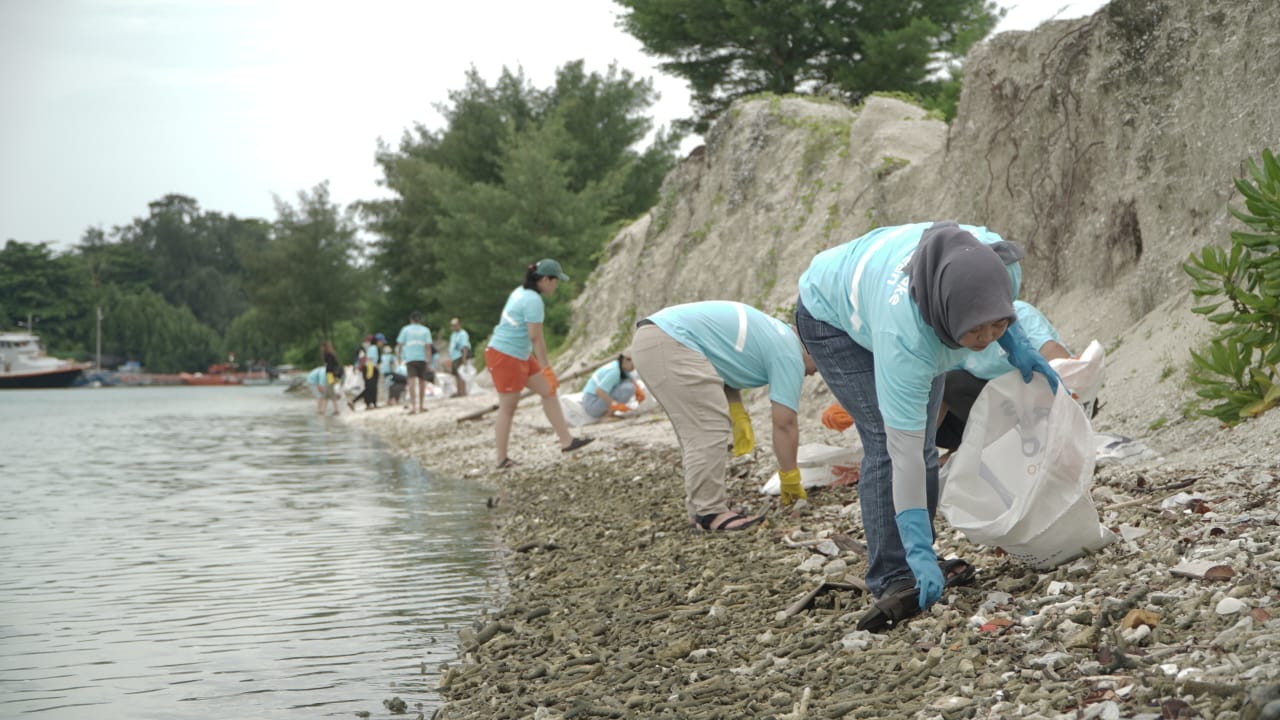SERIBU ISLAND, JAKARTA — We may be eating microplastics in unimaginable ways. This bad possibility occurs when fish in the sea eat plastic waste that is stagnant in the ocean. Then at the end of the story, we are the ones who eat the fish on the dinner table.
What was once unimaginable can happen today. However, we can still prevent it from happening. The trick is to not let the ocean and its ecosystems get polluted. Make sure they are clean and free from trash.
In order to realize a marine ecosystem free from waste, Divers Clean Action (DCA) and Desa Laguna in collaboration with Dompet Dhuafa’s Disaster Management Center (DMC) held an Eco Trip to Desa Laguna, Kepulauan Seribu, on Sunday (18/2/2024). This activity was also organized to commemorate the 2024 National Waste Awareness Day (HPSN).
Read also:DMC Dompet Dhuafa & Joint SAR Team Conducts Search for Drowning Victims in Ciliwung River

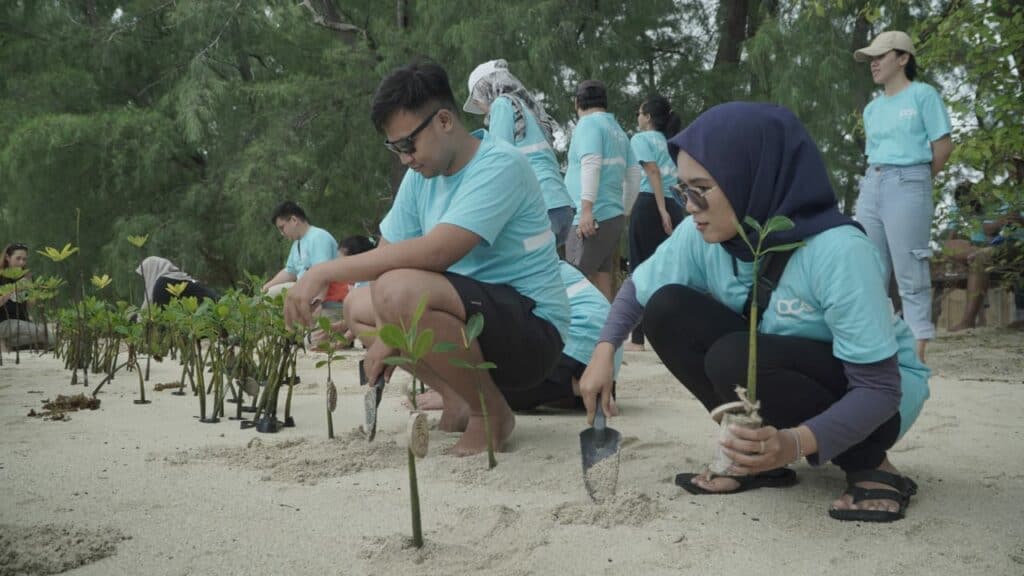
Through this Eco Trip activity, DCA invites the community to participate and play a direct role in efforts to preserve the environment, in a fun way. The series of Eco Trip activities that were attended by around 30 participants included Beach Clean Up on Pramuka Island, Coral and Mangrove Planting, Island Tour: Ecofriendly Island, and Microplastic Identification in Laguna Village.
“We also held educational activities. It turns out that ecotourism is possible, so the resort here can be environmentally friendly. On the other hand, we also learned about DCA’s research and community development experience. For example, microplastic sampling and other programs,” explained Swietenia Puspa Lestari, a representative from Divers Clean Action (DCA).
The activities organized are aimed at restoring the health of marine ecosystems that have been degraded due to climate change. It is also expected to create positive social and environmental impacts.
Read also: DMC Dompet Dhuafa Provides Disaster Training for Komunitas Pangkalan Ciliwung
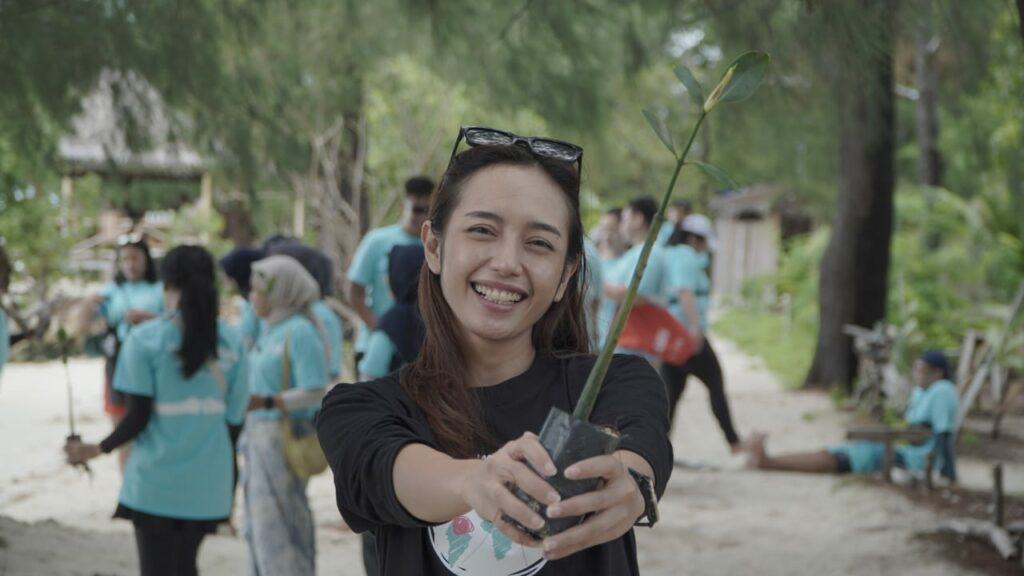

Ayu Okta, one of the public figures who attended this activity, invited the public to pay more attention to the waste around them. That wise waste management can minimize excessive waste production and minimize sources of environmental pollution.
“I want to invite all Kawan Baik not to litter. Not throwing garbage into the river, into the sea. Because the impact will damage the marine ecosystem on the surrounding islands,” said Ayu Okta.
In addition, the Eco Trip participants also hope that this event will be able to build public awareness of the health of marine ecosystems.
“It feels good to learn about issues that are actually close to us. But, maybe sometimes we forget because we feel a bit further away because we live on land or in the city. But apparently, like in Jakarta itself, one hour away from us, the impact is really felt and it also has an impact on us later,” said Putra Aditya, one of the participants of the Eco Trip to Desa Laguna.
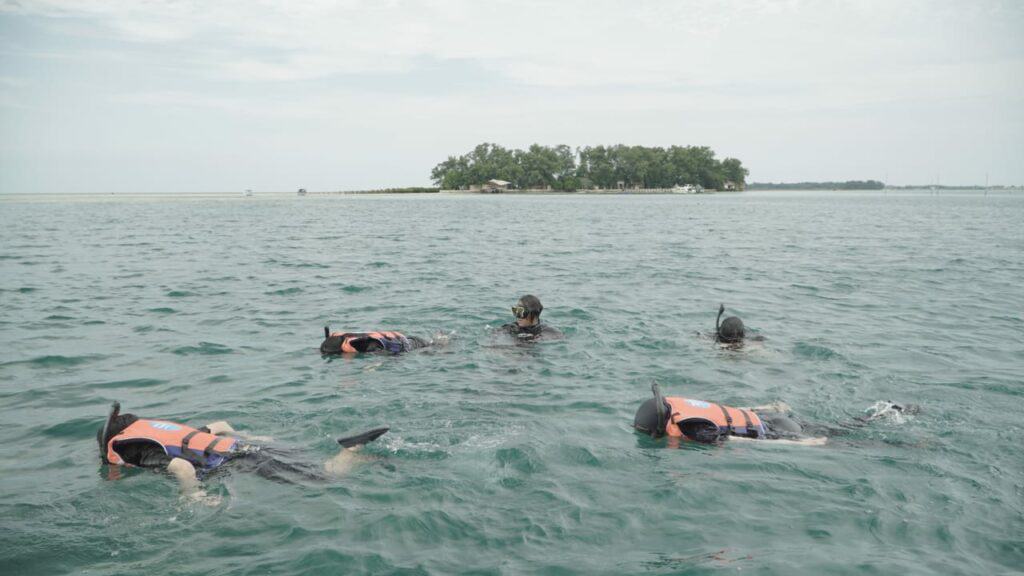
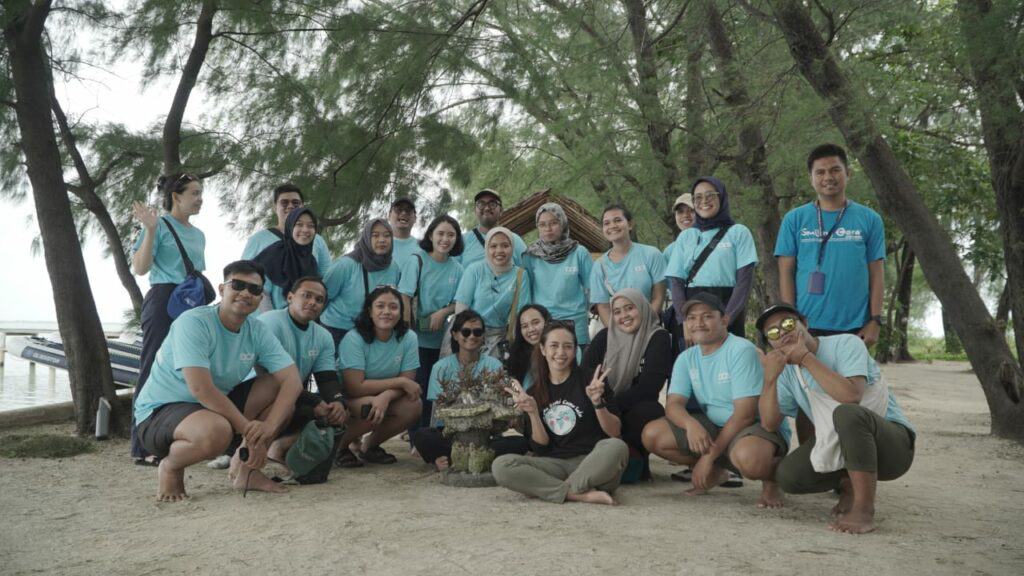
It is known that Indonesia is the second largest plastic waste polluter in the world after China. A total of 3.9 million tons of plastic waste is generated each year and 1.29 million tons pollute the oceans. Natural factors break down 1.29 million tons of plastic waste, resulting in large amounts of microplastics which are then ingested by marine life and eventually enter the human food chain. The beach cleanup and other actions intensified through the Eco Trip event is a real step to end plastic waste pollution in the ocean. (Dompet Dhuafa/DMC/MAA)



